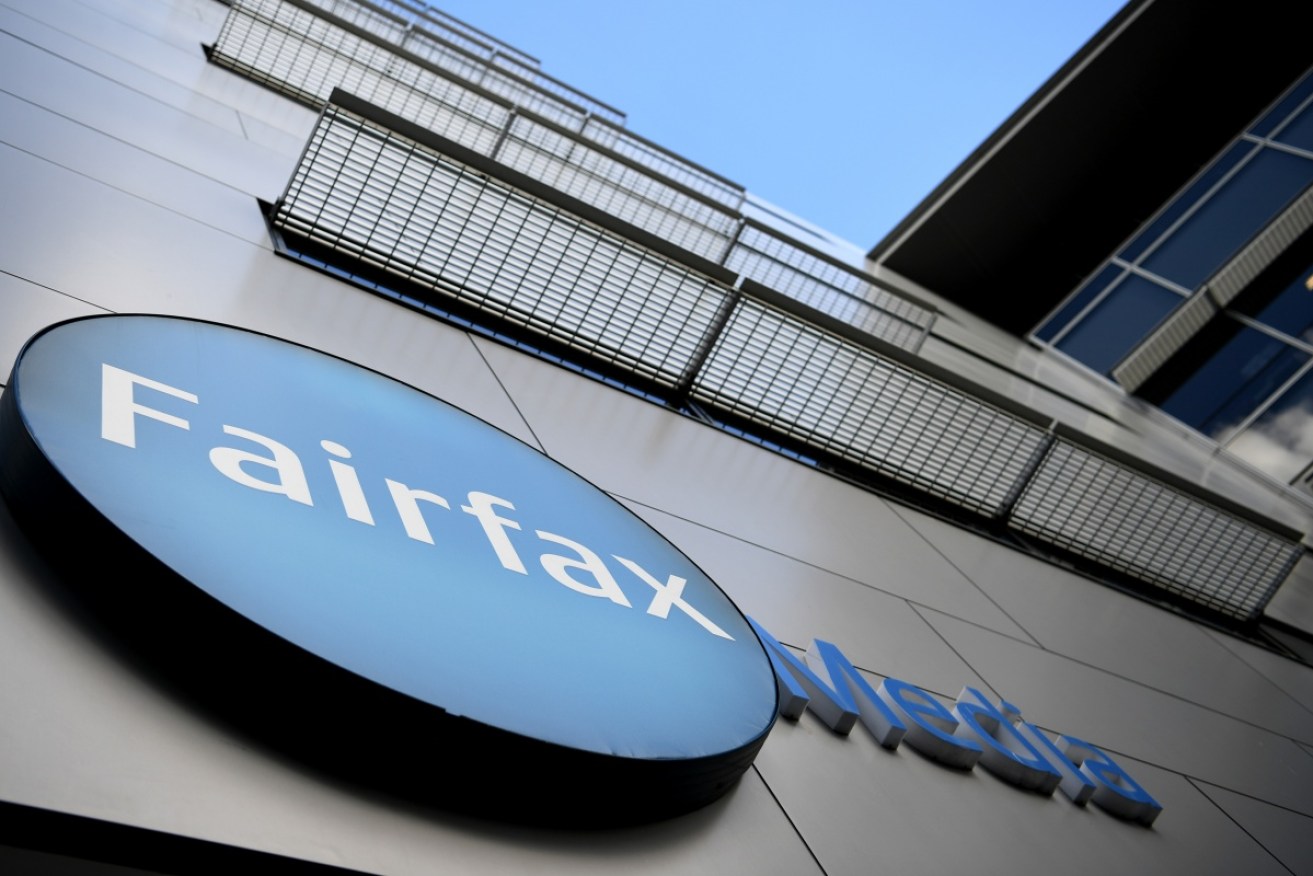Seven-Fairfax merger talks spark fears for media diversity


Fairfax Media is in talks for merger with Seven Photo: AAP
Two of Australia’s biggest media companies, Fairfax Media and Seven West Media, have responded to the relaxed media laws in lightning-quick fashion, reportedly entering merger talks within hours of the new rules passing the Senate.
The news, which appeared in the Fairfax-owned Australian Financial Review on Monday, confirmed fears in some quarters that the changed rules would result in higher concentration and diminished diversity in the media.
Last Wednesday, the government cut a late-night deal with crossbench senators to pass legislation removing restrictions on media ownership. The legislation is expected to become law during the next sitting of Parliament in October.
A match-up between Fairfax and Seven would have been impossible before the passing of the legislation, because it would have violated the “two out of three” rule which prevents single media companies owning print, TV and radio outlets in one city.
Fairfax owns radio and print outlets, while Seven owns television and print, meaning they would have been ineligible to merge under the old rules.
The “two out of three” rule has nothing to say about the ownership of digital news outlets.
While it will come as no surprise that Fairfax is looking for a merger deal following the rule change, its latest choice of suitor will raise eyebrows.
Earlier this year the embattled publisher of The Age and The Sydney Morning Herald was linked to Seven’s main TV network rival, Nine Entertainment.
Fairfax and Nine have already worked together with joint-venture, online streaming service Stan, in which each holds a 50 per cent stake. This made them a logical fit.
Unlike Nine, however, Seven West Media owns a number of print titles, including the newspaper, The West Australian, and several magazine titles such as Who, Better Homes and Gardens, and Men’s Health, under its Pacific Magazines operation.
Fairfax was reportedly put off a merger with Nine precisely because of the latter’s lack of print experience.

Seven West Media boss Kerry Stokes with News Corp chairman Rupert Murdoch. Photo: AAP
Both Nine and Seven also have joint-venture digital news operations: Nine teamed up with Microsoft on nine.com.au (formerly Ninemsn), while Seven teamed up with Yahoo to create Yahoo!7.
News of a potential merger between Fairfax and Seven did not impress investors, with the share price for each remaining flat.
Bad for the political process
Matthew Ricketson, professor of communication at Deakin University, said while there was a “good economic rationale” for this sort of merger, it would diminish the quality of reporting and diversity of opinion. This would damage the “body politic”, he said.
He cited News Corp, which owns a large number of newspapers as well as Sky News, as an example of what happens when companies own both newspapers and TV networks. He called commentator Andrew Bolt the “example par excellence”.
“Twenty years ago, Andrew Bolt would write a column for the Herald Sun, and it would be published in Victoria, and that was about it. Now you can read his column in a number of newspapers around the country; you can read his blog, which he updates regularly; you can see him five nights a week on Sky News; and you can hear him on 2GB.”
He said a Fairfax-Seven match-up would probably have similar results, with Fairfax commentators appearing on Seven News, and vice versa.
Professor Ricketson argued this would reduce diversity both in straight reporting and in comment, which would in turn damage the body politic.
“We need more diversity of opinion, not less, particularly in contested political spaces such as energy policy or policy for refugees.”
He added that it would also result in diminished reporting on state politics and local issues in preference for federal politics and national affairs.
He said research showed that, while the rise of the internet had given a platform to a much wider range of opinions, the major news organisations remained by far the most influential sources.
He pointed out that, even with the old restrictions, Australian media was among the most concentrated in the world.
Both Seven and Fairfax declined The New Daily’s request for a comment on the potential merger.








